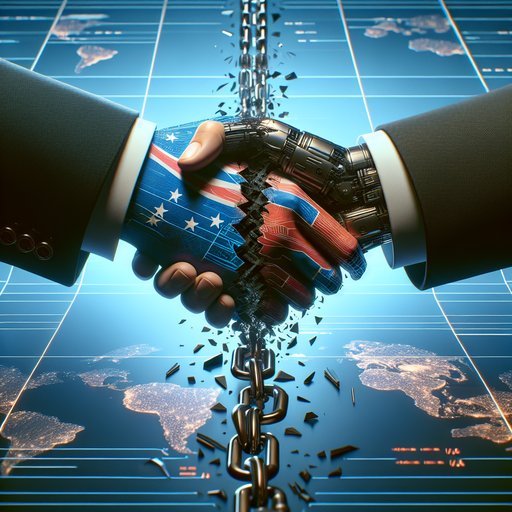
In a bold move, the United Nations announced a fresh round of sanctions targeting Iran amidst its ongoing conflict with Israel. Despite growing international pressure, diplomatic progress remains scant, as the tensions escalate with no resolution in sight.
This newly imposed set of sanctions aims to deter Iran's military aggression and coax both nations towards the negotiation table. The economic measures focus on crippling Iran's energy exports and freezing assets linked to key military figures. However, Iranian officials have maintained a firm stance, demanding not only an end to the aggression but also accountability from Israel for its actions, before considering any diplomatic discussions [1]. Current hostilities, described by observers as the most severe in years, have already resulted in significant casualties and heightened regional instability.
Reports indicate that the conflict erupted following Israel's military strikes on key Iranian facilities, publicly supported by former President Donald Trump—even while he advocated for peace negotiations [2]. This paradoxical position has further complicated peace efforts, as Iran views these shows of support as implicit approval of continued aggression. Such sanctions have not come without their critics. Some analysts argue they could exacerbate the humanitarian crisis in Iran, which is already grappling with economic hardships and an overburdened healthcare system.
Additionally, the increased pressure might entrench hardliners on both sides, further diminishing hopes for short-term negotiations. Despite these concerns, the sanctions reflect a growing international consensus that immediate and decisive intervention may be necessary to prevent the conflict from spiraling further. The geopolitical ramifications extend beyond the two nations directly involved. Their prolonged hostility has impacted global oil markets, creating volatility amidst fears of disrupted supply chains and increased energy prices globally.
The situation has also inflamed divisions among global powers, with countries either seeking to mediate or fearing escalation. As the conflict enters its third week, the international community watches closely, hoping that sanctions and diplomacy might pave a path to peace, even as skepticism remains high [3].
Sources
- Israel-Iran war stretches into second week without diplomatic breakthrough (BusinessLine, 2025-06-21)
- Israel’s War on Iran Was Made in USA: Trump Supported Attacks, while Faking Peace Talks (Globalresearch.ca, 2025-06-21)
- Diplomatic breakthrough elusive as Israel-Iran war stretches into second week (Associated Press) (Memeorandum.com, 2025-06-22)
























